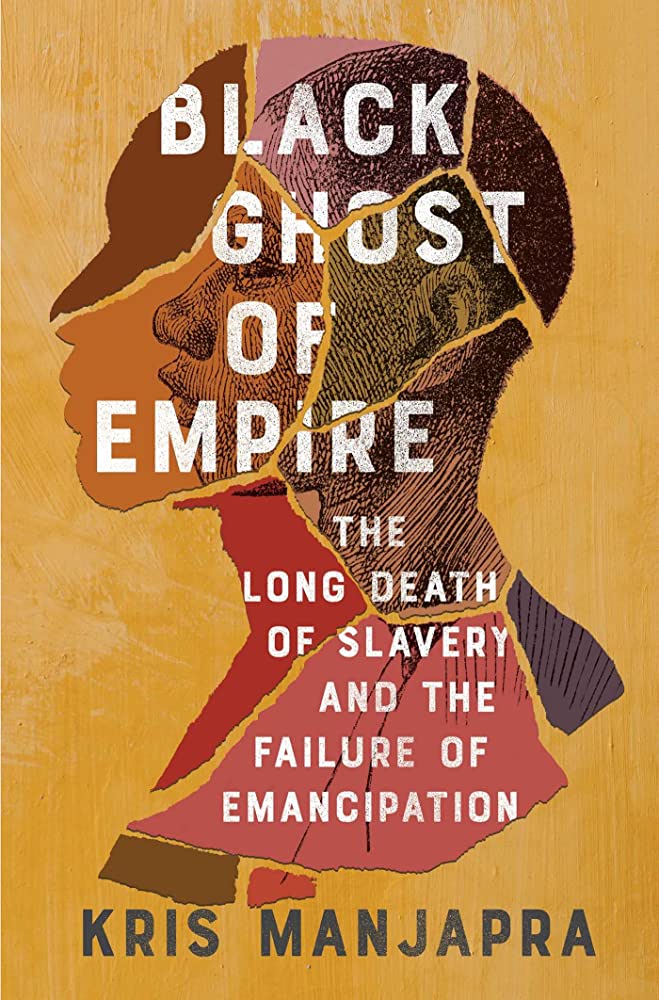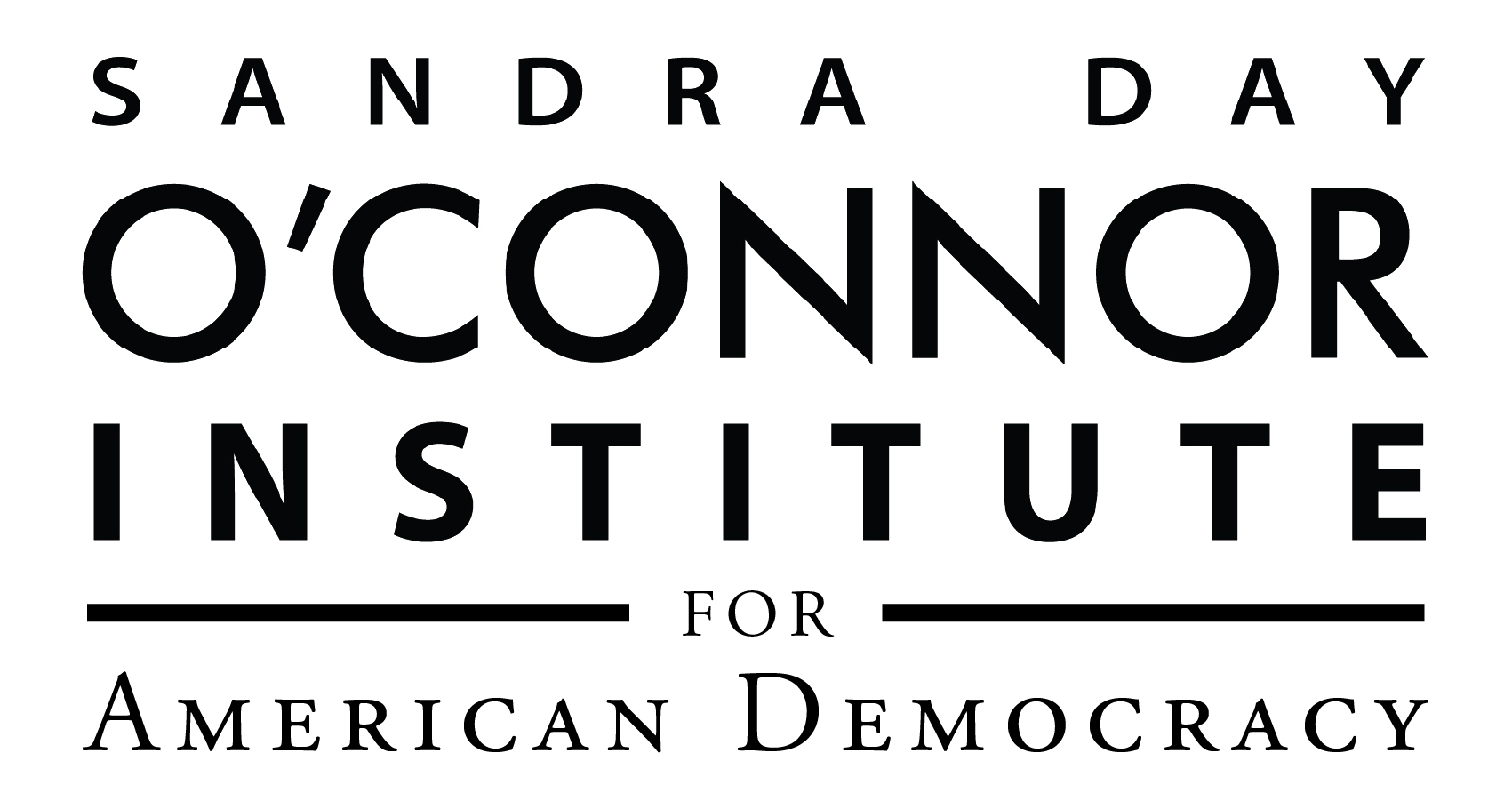Emancipation’s Complicated History, with Kris Manjapra
Emancipation in America is often presented as a single and singular undertaking. But Professor Kris Manjapra’s new book, Black Ghost of Empire, complicates that story by situating America’s national emancipation in a long line of global emancipations–including the first emancipations, which occurred in America’s North in the late 18th century–that were in many ways structured to benefit former enslavers and ensure that the formerly enslaved remained repressed.


Were these compromised emancipations necessary concessions to the powers that existed at the time? Or did they suffer from an impoverished conception of “the possible”? Professor Manjapra joined Civics for Life to discuss these and other questions; to examine the words and deeds of great Americans like Abraham Lincoln and Frederick Douglass; to consider the unique beauty of facts; and to ask what it would mean to live in a truly reciprocal society.

About the Speaker

Kris Manjapra was born in the Caribbean of mixed African and Indian parentage. He grew up in Canada and completed his undergraduate and graduate degrees at Harvard. He has lived in the USA ever since. He is a professor of history at Tufts University, and a recipient of the 2015 Emerging Scholar Award by Diverse magazine. He has held fellowships at the Berlin Institute for Advanced Study, at the Radcliffe Institute for Advanced Study, and at UCLA. The author of Black Ghost of Empire, he has also written Colonialism in Global Perspective, Age of Entanglement: German and Indian Intellectuals Across Empire, M.N. Roy: Cosmopolitanism and Colonial Marxism, and Cosmopolitan Thought Zones of South Asia.
Liam Julian | Moderator

Liam Julian is Vice President of Programs & Public Policy at the Sandra Day O’Connor Institute for American Democracy. He was previously managing editor of Policy Review magazine in Washington, D.C., and a research fellow at Stanford University’s Hoover Institution. His writing and commentary on public policy have appeared in publications such as The Washington Post, The Atlantic, National Review, and RealClearPolitics, and on NPR programs including Morning Edition and All Things Considered. He also directed development of Advanced Placement curricula at the College Board, including leading the redesign of the AP U.S. Government and Politics course.

